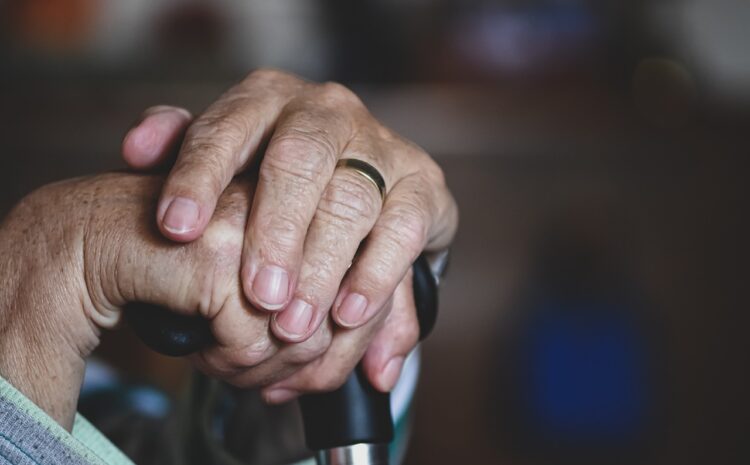
In the realm of elder care, the well-being of our loved ones often rests in the hands of nursing home facilities. While many provide exemplary care, the shadow of nursing home neglect looms large, posing a serious concern for families across the nation. Understanding what to look for in these situations is crucial in safeguarding the health and dignity of our elderly family members.
Recognizing the Signs of Neglect
Nursing home neglect, a distressing facet of elder abuse, manifests in various forms, each detrimental to the resident’s quality of life. Being vigilant about the indicators is the first step toward prevention and intervention.
Physical Condition and Hygiene
A noticeable decline in personal hygiene or physical condition often signals neglect. This includes unkempt hair, dirty clothing, or untreated health conditions. Such signs indicate a lapse in the basic care residents should receive.
Environmental Safety and Cleanliness
The state of the living environment speaks volumes about the level of care in a facility. Hazards such as cluttered walkways, unsanitary conditions, and inadequate lighting are red flags that demand immediate attention.
Nutritional Concerns
Unexplained weight loss or signs of malnutrition should raise concerns about the nutritional care residents are receiving. Regular monitoring of meal plans and eating habits is essential in addressing these issues.
Emotional and Social Well-being
Changes in mood or behavior can also indicate neglect. Withdrawal from social activities, unexplained sadness, or increased agitation are signs that the emotional needs of residents are not being adequately met.
The Importance of Advocacy and Reporting
Advocacy plays a pivotal role in combating nursing home neglect. Should you observe any of these signs, taking prompt action is vital. Reporting concerns to facility management and relevant authorities initiates formal investigations and corrective measures.
Navigating Legal Channels
In instances where neglect leads to harm or a significant decline in quality of life, legal recourse may be necessary. This is where the expertise of a nursing home neglect lawyer becomes invaluable. These legal professionals specialize in elder law and can guide families through the complexities of the legal system to seek justice and compensation.
Selecting the Right Nursing Home Neglect Lawyer
Choosing an experienced and empathetic lawyer is critical. Look for professionals with a proven track record in handling nursing home neglect cases. Initial consultations can offer insights into their approach and ensure they align with your goals and values.
The issue of nursing home neglect requires our unwavering attention and action. By staying informed about the signs of neglect and understanding the steps to take in response, we empower ourselves to protect the most vulnerable among us. In the pursuit of justice and accountability, enlisting a skilled nursing home neglect lawyer can make all the difference, ensuring the rights and dignity of our loved ones are upheld.

